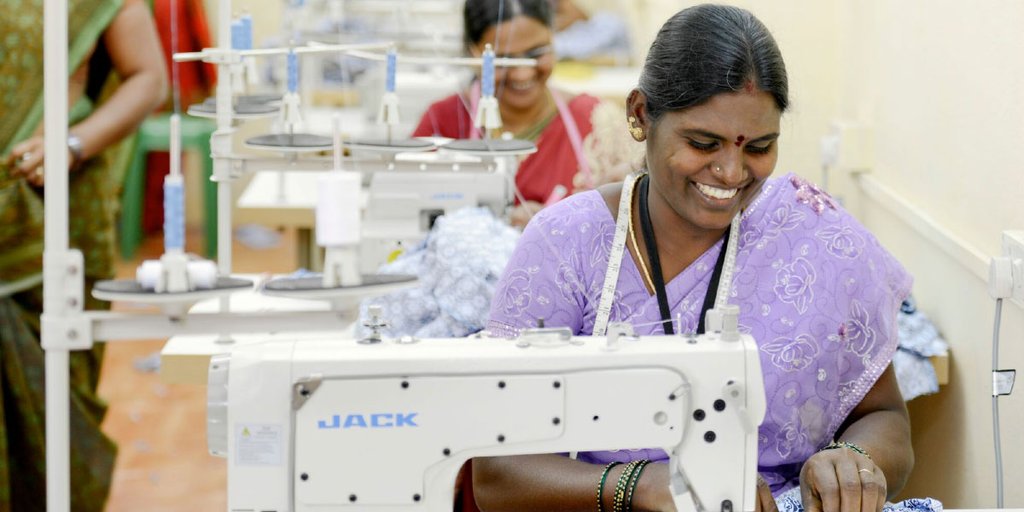A holiday trip to Southeast Asia introduced an American tourist to a rich culture, delectable cuisine, and spectacular architecture. It also gave her a window into a darker side of India. Others may sleepwalk past realities that – if consciously observed – would ruin a holiday buzz. Shannon Keith chose to take notice, and more critically – take action.
Green Prophet loves stories that demonstrate the upside to world travel, trips that reap remarkable results beyond a great tan, much-liked Instagram posts, and a few memorized words in an obscure language. This is one such story where worlds collided, benefiting all involved.
Keith had heard story after story of women and girls who were sold into sex slavery by their families or picked up off the streets by local pimps. She learned that lack of education, scant resources, and underemployment were key factors in the women’s vulnerability. She returned home from that trip and formed a small team of family and friends. Named Sudara, they looked for groups in India that were working to have a positive impact giving women a way out of prostitution. They were keen to support any initiative that provided safe, steady and living-wage employment; a sustainable pathway to freedom for women and their families.
In 2006, Keith partnered with an Indian sewing center and taught six women how to sew a pattern for loungewear pants her team had jokingly named Punjammies®. Variant skills made for an interesting first few pair of Punjammies®, which allowed teaching opportunities, and improved techniques. Soon more women were trained as seamstresses, creating an expanding line of Punjammies®, robes and “slouch” pants. Made in India with locally sourced materials, every style is named in honor and celebration of a woman at one of the centers. Every day, stitch by stitch, women are gaining confidence in themselves and in their newfound freedom.
You can support this project by shopping Sudara (website here) where you can buy reasonably priced clothes for kids, men, and women, as well as the original Punjammies®. Sudara also offers jewelry, handbags, and lovely hand-stitched toys.
If you lean less towards acquisition, and more towards philanthropy, consider a donation to the non-profit, Sudara Freedom Fund. This non-profit allows Sudara to have a greater impact on the lives of women and children in India by providing education and housing and micro-loans — tools needed to build and sustain a new life. Most recently, the organization opened the Sunetha Home, which supports long-term, systemic change by directly addressing issues that lead to generational sex work.

